SDG3 Newsletter: Women's Health
Published in Sustainability, General & Internal Medicine, and Public Health
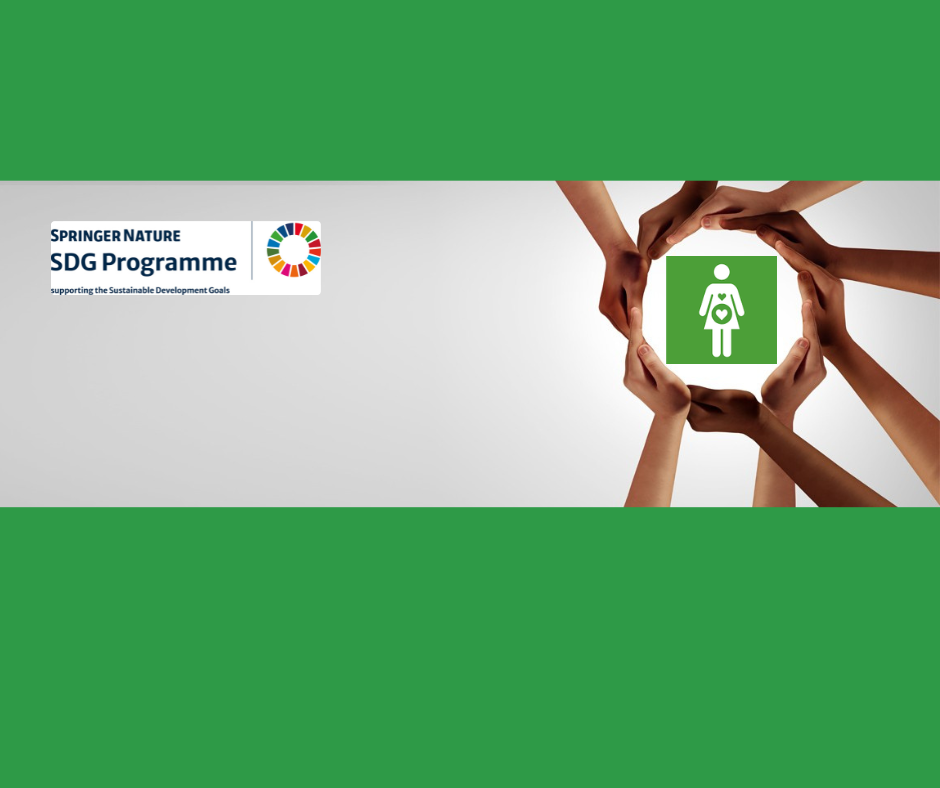
This SDG 3 Newsletter supports SDG targets 3.1 & 3.7
In the blogs, find answers to the 3 quiz questions & comment your answers below to be named in the December newsletter! 📢
Use these links to navigate to a section:
- World Breastfeeding Week
- Journal highlight: Contraceptive and Reproductive Medicine
- Women's Health in Britain and America: book Q&A with Dr April Patrick
- Reducing maternal mortality in rural communities
- Affordable Medical Devices for Women's Health in LMICs
- Behind the paper: Effects of air quality and social stress on birthweight
- Special issue: Gender-specific differences in radiation oncology treatment
- Gender disparities in cancer care
- AI for breast cancer prevention
- Podcast: Racial Inequity in Black Maternal Mental Health
In other news...
- World Sexual Health Day
- Stem Cell Awareness Day Q&A
- Webinar: Gender Identities in Indigenous Communities
- Webinar: Recent Advances in Alzheimer’s and Neurodegeneration Research
World Breastfeeding Week🤱
To celebrate World Breastfeeding week, Prof Lisa Amir, Editor-in-Chief of International Breastfeeding Journal, discusses how breastfeeding-friendly environments support sustainable infant feeding. Learn more in this blog about the environmental, economic and health benefits of breastfeeding and the importance of having strong support systems.
Contraception and Reproductive Medicine📒
Read this journal highlight where Editor-in-Chief Dr Donna Shoupe explains how Contraception and Reproductive Medicine addresses critical issues affecting contraception, family planning and sexual health across diverse populations, particularly in LMICs.

Women's Health in Britain and America: book Q&A with Dr April Patrick🖊️
Read this Q&A where Dr Patrick discusses how she sought to connect her research and teaching with social issues that matter to her. Her book provides an unparalleled record of women’s health in the UK and the US since 1750.
Reducing maternal mortality in rural communities 🏠
Don't miss this blog that explains how we can reduce maternal mortality in rural communities and what research is in the pipeline.
♀️Q1: How much more likely is maternal mortality in rural areas vs urban settings? x2, x3 or x5 more likely?
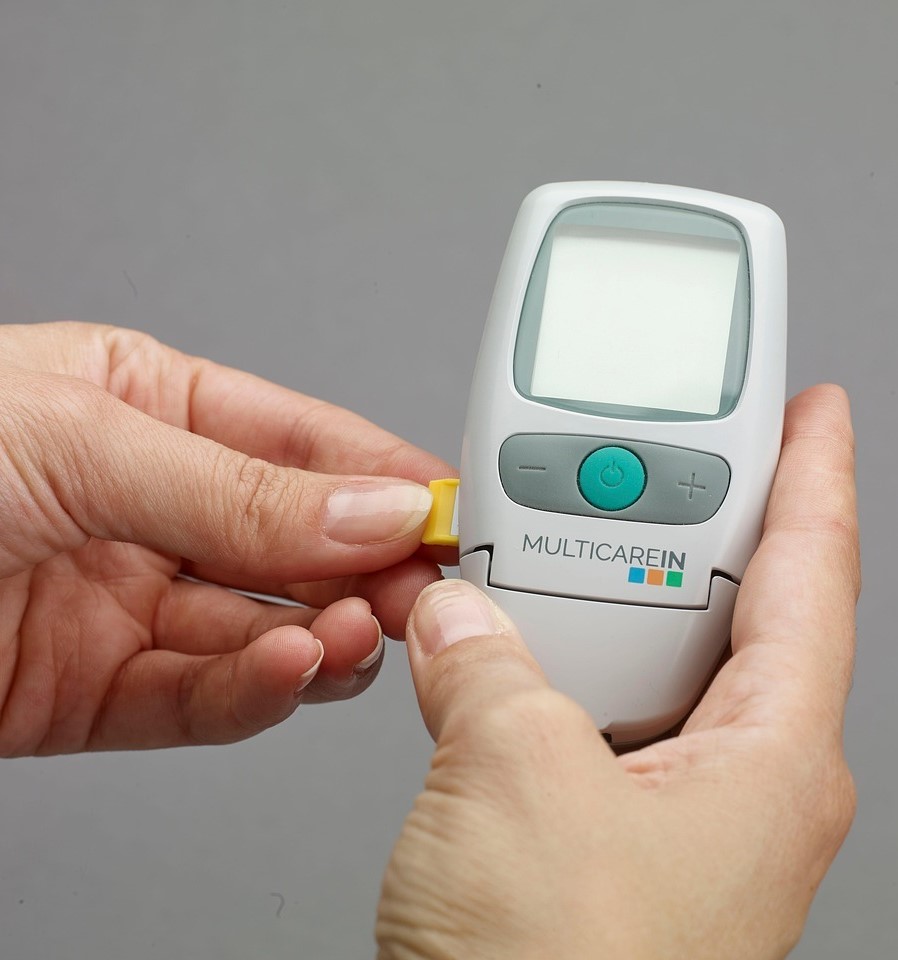
Affordable Medical Devices for Women’s Health in Low-Income Countries🩺
Learn how affordable medical devices for low-income countries can significantly improve women's health by enabling early diagnosis and accessible care.
Behind the paper: Effects of air quality and social stress on birthweight📄
Don't miss this blog where Drs Remigio and Clougherty explain how air pollution and social disadvantage interact to influence birth weight in New York City. Read their article published in Environmental Health!
♀️Q2: Did the authors find higher residential NO2 was associated with higher or lower birth weights?
Special issue: Gender-specific differences in radiation oncology treatment🔍
Read this blog to learn why addressing gender-specific differences in radiation oncology is vital for achieving equitable, effective cancer treatment outcomes. Discover more in this special issue by Strahlentherapie und Onkologie.
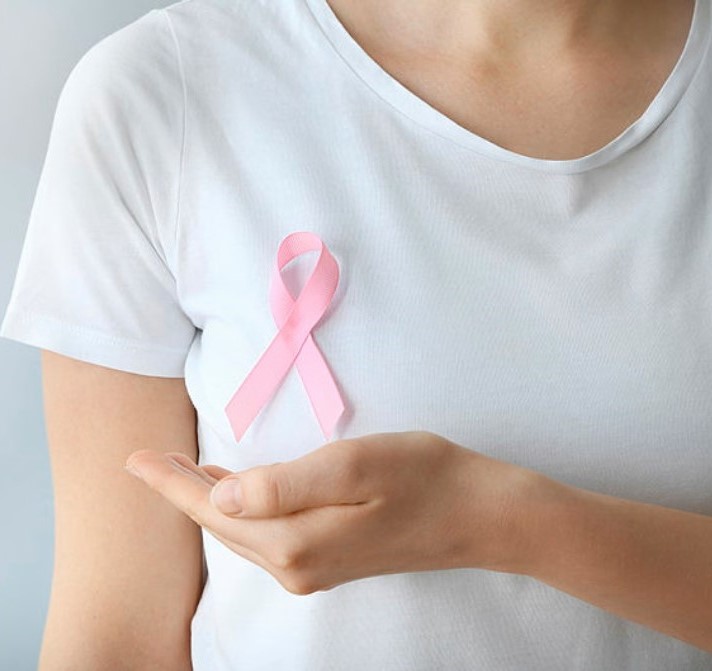 Gender disparities and bias in cancer care and research🎗️
Gender disparities and bias in cancer care and research🎗️
Learn how we can improve the experience of women with cancer, and why we need more research into the reasons for potential gender disparities to ensure we achieve SDG3.8 universal health coverage.
AI for breast cancer prevention
Published during Breast Cancer Awareness Month, this article offers a timely expert perspective on how AI is shaping the future of breast cancer prevention.
Podcast: Racial Inequity in Black Maternal Mental Health🤱🏽
Listen to this podcast where Dr Irene Aninye, Chief Science Officer, Society for Women's Health Research discusses the unique challenges faced by Black mothers trying to access mental health support and how we can drive meaningful change. This podcast was produced in collaboration with Biology of Sex Differences and Springer Nature's Black Employee Network, in honour of Black Mental Health Week UK 2025.
♀️Q3: What week is Black Mental Health Week UK: is it 22-28 September or 12-18 October?

In other news...
World Sexual Health Day 🌍
In celebration of World Sexual Health Day in September, keep up-to-date with current research and projects surrounding sexual and reproductive health.
Stem Cell Awareness Day Q&A 🔬
Ever wondered why stem cell research is so important across medical disciplines? Editorial Board members at Stem Cell Research & Therapy explain why in this blog!
Gender identity in Indigenous Communities: meet the speakers ⚧️
Watch this readily available webinar where Courtney Ryder and Ebenezer Durojaye discuss colonial legacies, LGBTIQ+ phobia and transphobia, and discrimination.

Webinar: Recent Advances in Alzheimer’s and Other Neurodegeneration Research 🗣️
Watch this webinar which presents present recent research, efforts, and initiatives put forward by top Springer Nature journals to publish and promote research on Alzheimer's and Neurodegeneration. The speakers cover disciplines such as genomics, genetics, biophysics, and more.
Get involved!
If you would like to be involved with our SDG 3 initiatives, contact me. Follow me, Alice Coe, on Research Communities to be notified of future SDG 3 newsletters.
With special thanks to those who contributed to this newsletter: Tamara May, Virginia Mercer, Dr April Patrick, Amy joint, Shital Bonde, Rita Moreira, Lorena Verduci, Esinu Abadjivor, Satvinder Kaur, Clelia Petracca, Dr Richard Remigio, Dr Jane E. Clougherty, Vicky Brewis, Mariangela Aloj, India Sapsed-Foster, Dr Irene Aninye, Tovah Aronin, Dr Ichiro Sekiya
Comment your 3 quiz answers to be featured in the December newsletter. The next newsletter will include a roundup of Springer Nature's SDG 3 activities in 2025!
Follow the Topic
-
International Breastfeeding Journal

This journal encompasses articles about breastfeeding, focusing on nursing, midwifery, paediatric, obstetric, family medicine, public health, immunology, physiology, sociology and many other topics.
-
Contraception and Reproductive Medicine

This journal is designed to promote the advancement of contraceptive technology and general reproductive medicine particularly in the areas of education, effectiveness, safety, research interest, improved or new technologies, non-contraceptive benefits, and long-term health.
-
Strahlentherapie und Onkologie

Strahlentherapie und Onkologie covers all aspects of oncology, with a focus on radiooncology, radiation biology and radiation physics.
-
Stem Cell Research & Therapy

The major forum for translational research into stem cell therapies. An international peer-reviewed journal, it publishes high-quality open access research articles with a special emphasis on basic, translational and clinical research into stem cell therapeutics and regenerative therapies.
-
Biology of Sex Differences

This journal is unlike any other scientific journal: articles focus on sex differences in all aspects of an individual or organism. Everything from molecules to behavior and from studies of cellular function to clinical research studies are reported in this journal.
-
Environmental Health

This journal publishes manuscripts on important aspects of environmental and occupational medicine and related studies in toxicology and epidemiology that elucidate the human health implications of exposures to environmental hazards.
Your space to connect: The Primary immunodeficiency disorders Hub
A new Communities’ space to connect, collaborate, and explore research on Clinical Medicine, Immunology, and Diseases!
Continue reading announcementRelated Collections
With Collections, you can get published faster and increase your visibility.
Donor Human Milk in the 21st Century: Policy, Practice, Innovation, Equity, and Impact
Breastfeeding is crucial for both the baby and the mother. It has nutritional, developmental, economic, and environmental impacts on the family, health system, and the planet. Donor human milk is a critical resource for infants whose mothers’ own milk is not available due to various reasons. As the importance of donor human milk continues to grow globally, there is a need for comprehensive research and discussion on best practices, clinical and public health impacts, ethical considerations, and innovative approaches in this field.
This special collection aims to bring together cutting-edge research, reviews, opinions, and case studies to advance our understanding and support the development of donor human milk initiatives worldwide.
This Collection supports and amplifies research related to SDG 1, No Poverty, SDG 2, Zero Hunger, SDG 3, Good Health and Well-Being, SDG 5, Gender Equality, SDG 13, Climate Action and SDG 17, Partnership for the Goals .
We recognize that many key stakeholders may not have access to such resources and are committed to supporting participation in this issue wherever resources are a barrier. For more information about what support may be available, please visit OA funding and support, or email OAfundingpolicy@springernature.com or contact the Editor-in-Chief.
Publishing Model: Open Access
Deadline: May 19, 2026
Becoming Baby-friendly: What works?
International Breastfeeding Journal is calling for submissions to our Collection on ‘Becoming Baby-friendly: What works?’. This Special Collection aims to understand the altruism, strategies and processes that underpin a country or organisation’s decision to implement and successfully gain ‘Baby-friendly’ accreditation.
The collection welcomes a diverse range of contributions, including primary research articles, systematic reviews, policy papers, case studies and commentaries. Authors are encouraged to present novel insights, empirical findings, and practical recommendations that can inform policy decision-making and program development, using a strengths-based approach.
The Collection invites contributions that explore a wide range of research areas, including but not limited to:
1. Baby-friendly Hospital Initiative
2. Neo – BFHI
3. Baby-friendly communities
4. Baby-friendly primary care practices
5. Baby-friendly pharmacies
6. Baby-friendly universities
This Collection supports and amplifies research related to SDG 3, Good Health and Well-Being.
We are committed to supporting participation in this issue wherever resources are a barrier. For more information about what support may be available, please visit OA funding and support, or email OAfundingpolicy@springernature.com or contact the Editor-in-Chief.
Publishing Model: Open Access
Deadline: May 01, 2026

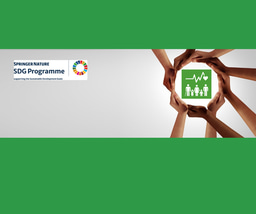

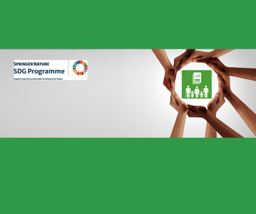

Please sign in or register for FREE
If you are a registered user on Research Communities by Springer Nature, please sign in